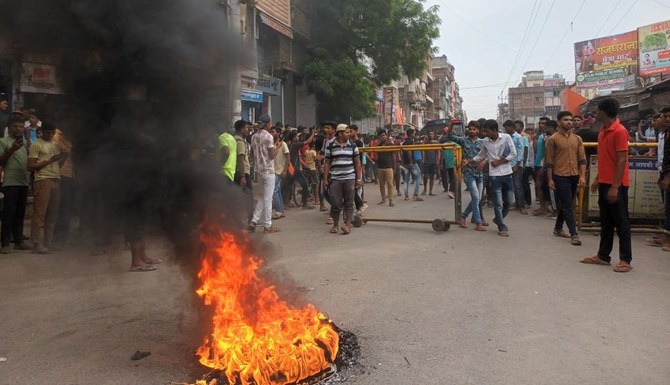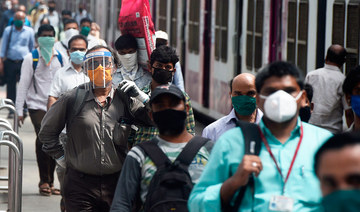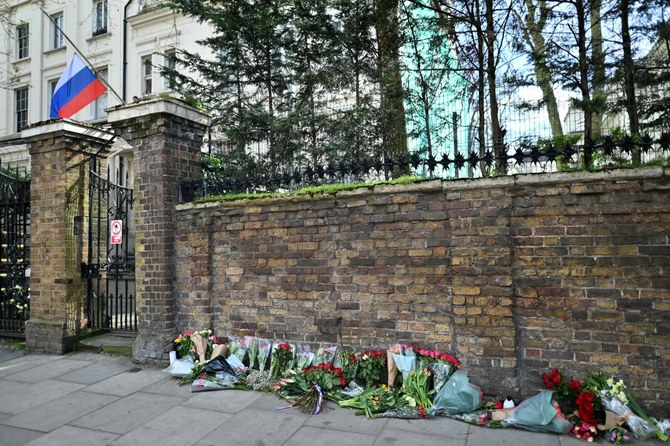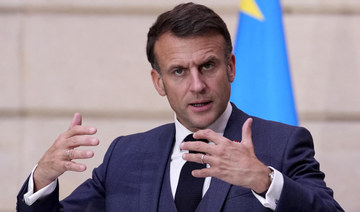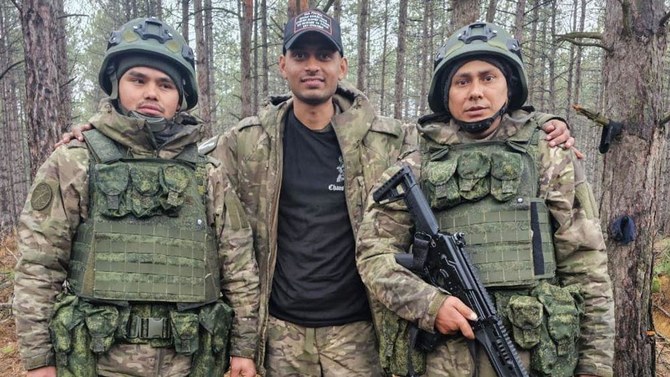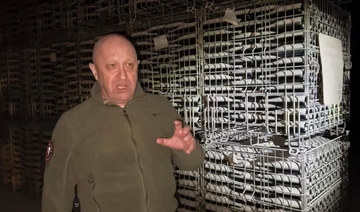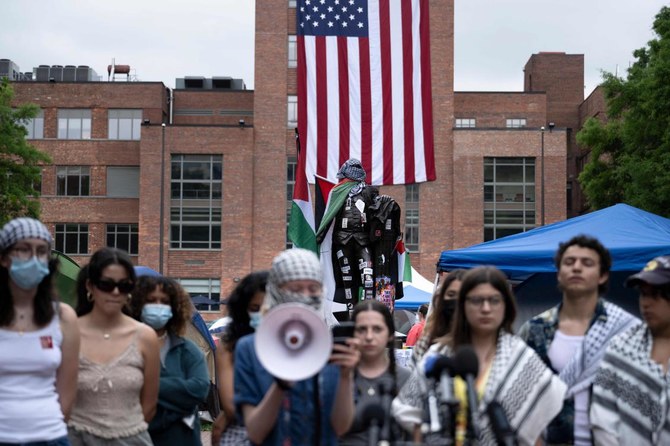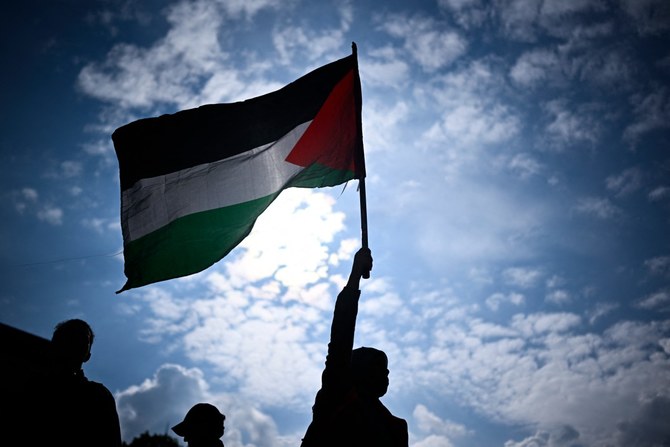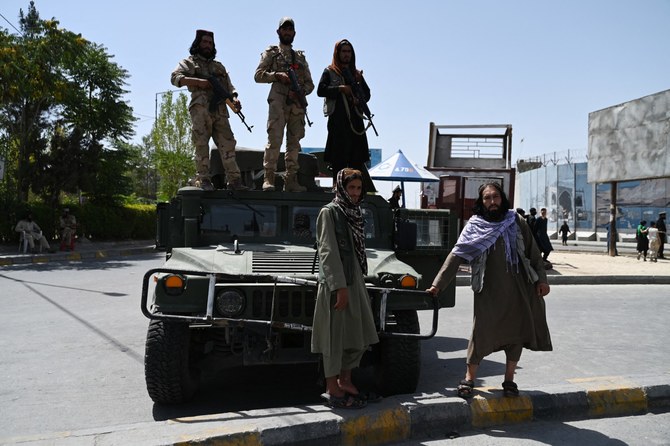NEW DELHI: Violent protests by Indian youths broke out in India on Thursday, after the military overhauled its recruitment process, introducing shorter contracts for young prospects who had pinned their career hopes on the army.
India has one of the world’s largest armed forces with some 1.4 million personnel. Soldiers have been recruited by the army, navy and the air force separately and typically enter service for a period of up to 20 years, after which they are eligible for pension.
Indian youths would prepare for exams to join the military, which for decades has been a major source of stable employment, but the defense ministry announced earlier this week it was overhauling the recruitment process for personnel below officer rank.
Under the new system, called Agnipath (meaning “path of fire” in Hindi), a total of 46,000 soldiers will be recruited this year on four-year contracts with only a quarter expected to be kept on at the end of that term for permanent commission.
The cut comes as India is trying to trim its $76 billion military expenditure — the third highest in the world — most of which goes to the payment of wages and pensions.
The new policy was met with protests by thousands of youths who blocked railway tracks and roads and burnt tires and destroyed public property in several Indian states.
“I have been preparing for the recruitment for one year and a half, and I have already cleared the physical and written exams,” Parmjit Chowhan, a protester in Rewari district, northern Haryana state, told Arab News.
“This protest is against the new rule, which says that they will recruit us for four years. What will happen to the youth after four years?” said Satyendra Kumar, who was protesting in Nawada, eastern Bihar state, adding that the demonstrators wanted the old recruitment system restored.
“We don’t want the new one,” he said. “Unless the government withdraws the new order, we will continue our agitation.”
Gulsan Kumar, another demonstrator in Nawada, added: “Our demand is that the government withdraw the new recruitment drive and conduct exams for army recruitment in a normal way.”
A number of retired army officers have openly expressed reservations about the Agnipath recruitment system in the local media.
Maj. Gen. (Retd.) Dhruv C. Katoch told Arab News that when the system becomes operational, 75 percent of the armed forces would consist of troops with less than four years of experience.
“Their fighting integrity, all those things, will be impacted, which I think is not a very good idea,” he said. “There is a cost involved in maintaining an army. The nation has to be prepared to pay the cost. Otherwise, be prepared to be subjugated by foreigners.”
Katoch did not approve of violent protests, saying that those involved in them were acting “like hooligans” and were not “something that you want in the armed forces anyway.”
But for Nilanjan Mukhopadhyay, a Delhi-based political analyst, the protest is understandable in the country where more than 50 percent of the population is below the age of 25. The new rule, he said, will shatter job aspirations for many of them and put the government at a huge risk of public anger.
“They are being offered a contractual position, so the basic Indian aspiration of having a government job still remains a dream, and that is the reason for protest,” Mukhopadhyay told Arab News.
“It’s a warning for the government to make amends and meet the aspirations of the people.”





